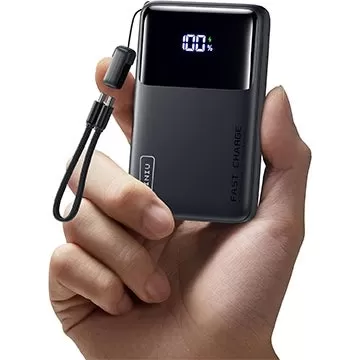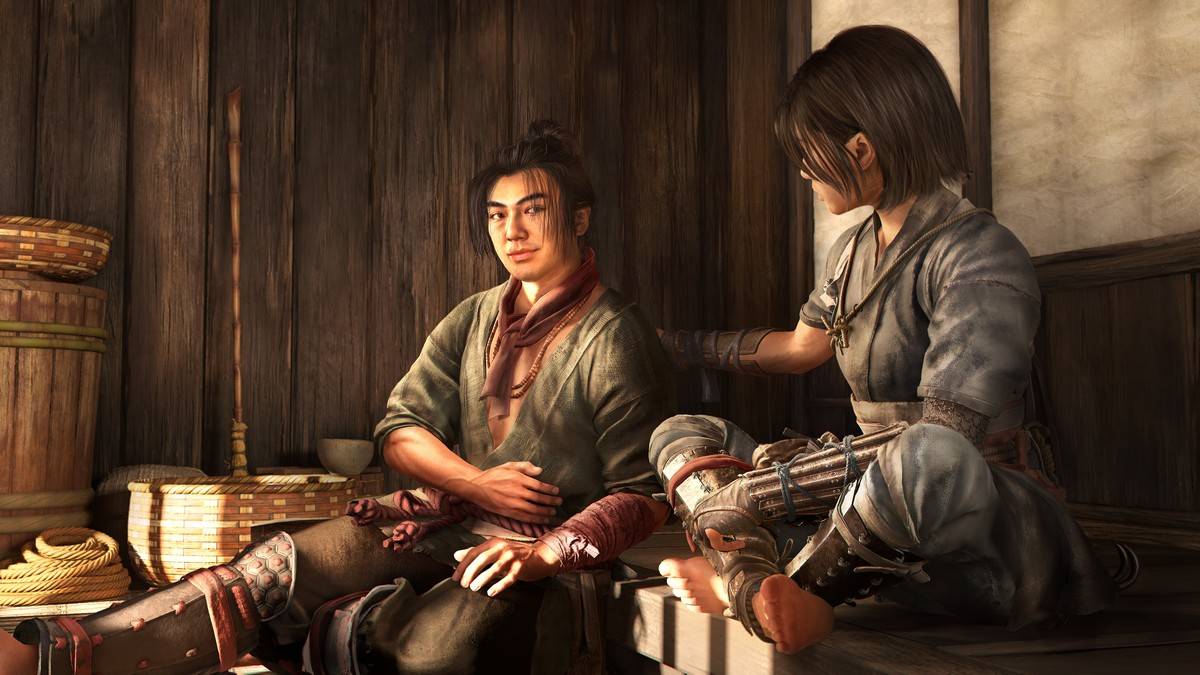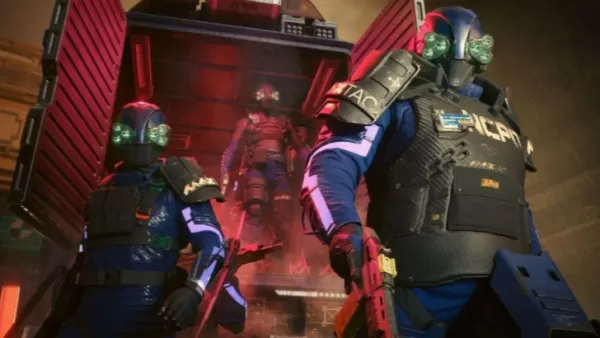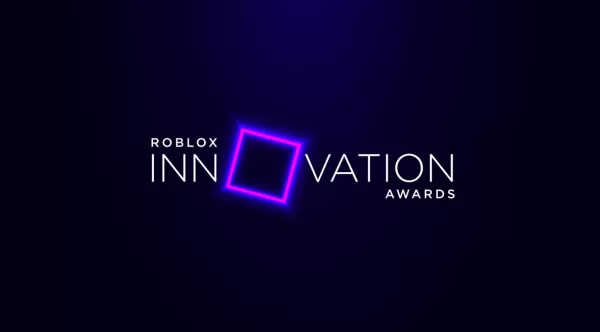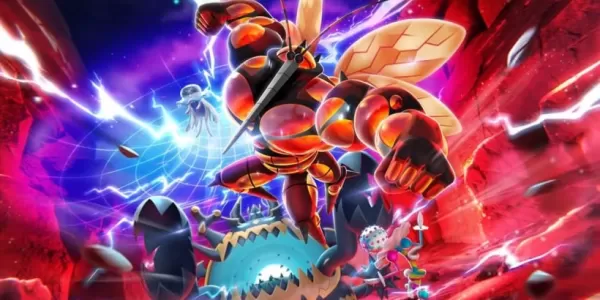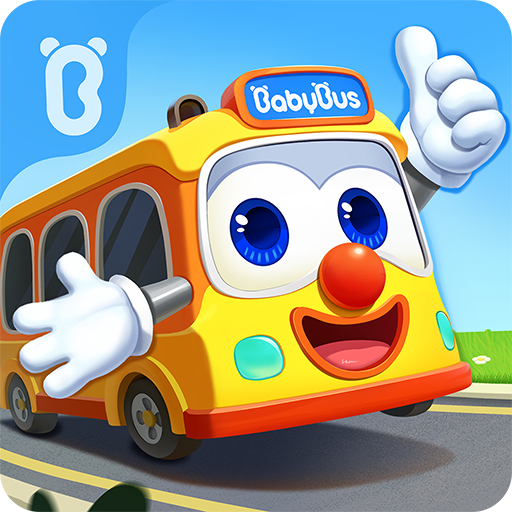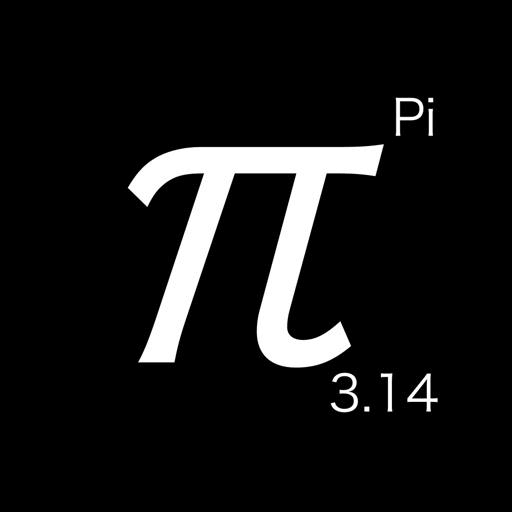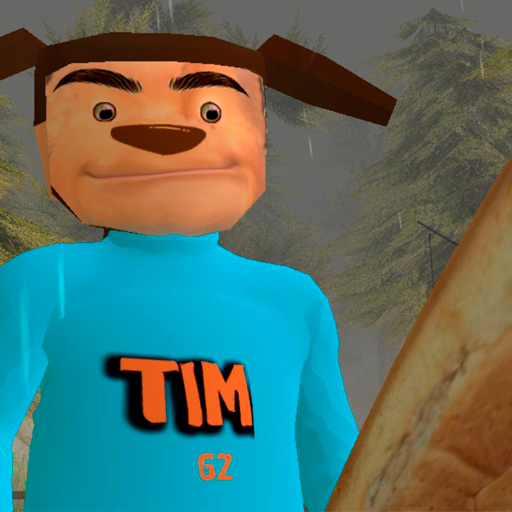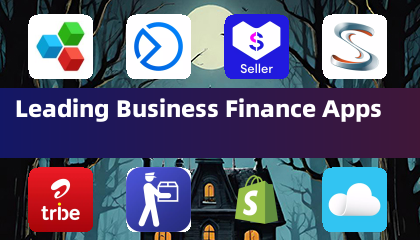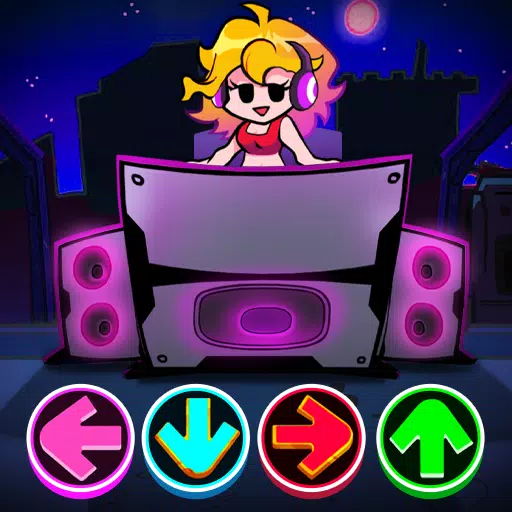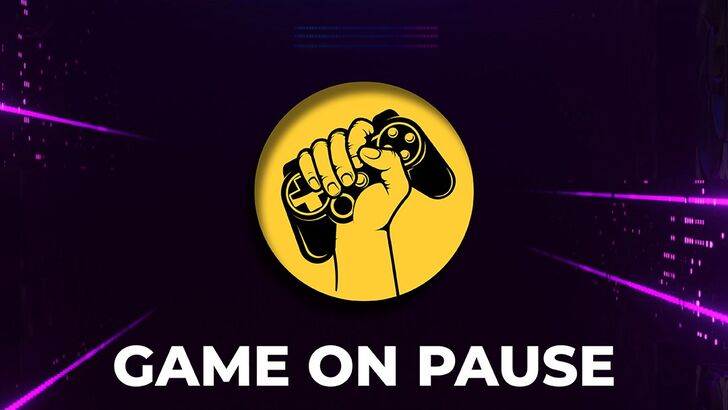
The gaming industry is bracing for potential disruption as SAG-AFTRA has authorized a strike against major video game companies. Read on to learn about the ongoing battle over fair labor practices and the ethical use of artificial intelligence.
SAG-AFTRA Authorizes Strike Against Video Game Companies
SAG-AFTRA's Press Release
On July 20, the SAG-AFTRA National Board, the union representing voice actors and performance artists, held a scheduled video conference and voted unanimously to empower the National Executive Director & Chief Negotiator to call a strike if necessary. The strike would target all services covered under the Interactive Media Agreement (IMA), with all SAG-AFTRA members ceasing work on projects falling under this contract. The main contention lies in securing critical AI protections for video game performers.
National Executive Director & Chief Negotiator Duncan Crabtree-Ireland emphasized the union’s firm stance, stating, "Our resolve is unwavering and should not be tested. Our membership voted more than 98% yes to authorize a strike of this contract should the employers not come to the table with a deal that includes our critical provisions, especially in AI. We are steadfast in our commitment to our membership who work this contract and whose extraordinary performances are the heart and soul of the world’s most popular video games. Time is running out for the companies to make a deal."
The Issues at Stake and Impact on the Gaming Industry
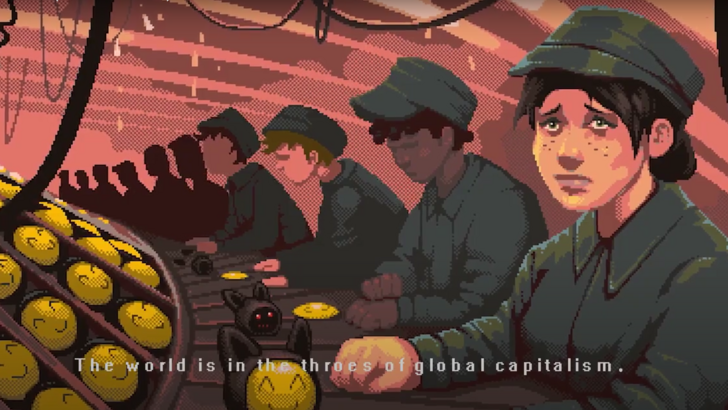
The core issues fueling the potential strike include the currently unrestricted use of AI in voice acting and performance capture. At the moment, there are no regulations protecting voice and performance actors from the implications of AI replication. Many actors prefer to be paid for their actual performances rather than having their likeness captured and replicated by AI. Even if they agree to such usage, there should be clear guidelines on how their likeness can be used and proper compensation provided.
SAG-AFTRA members are also looking for wage increases that keep up with inflation: "11% retroactive to expiration and 4% increases in the second and third years of the agreement," according to SAG-AFTRA. Additionally, they are seeking enhanced safety measures on set for on-camera and stunt performers, including mandated five-minute rest periods each hour, the presence of medics during hazardous work, protections against vocal stress, and the removal of any requirement for actors to perform stunts during self-taped auditions.
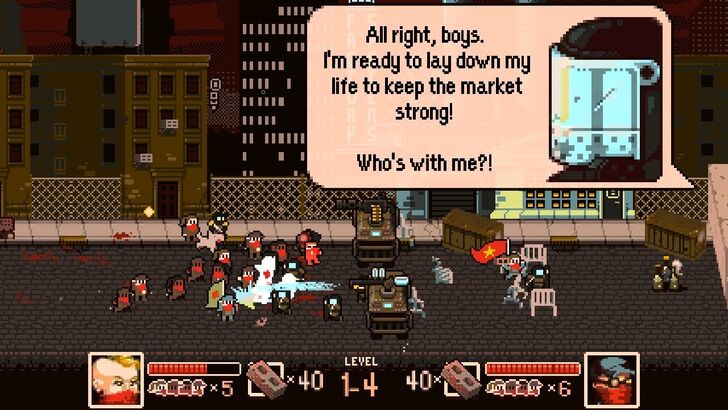
Should the strike proceed, it could disrupt various aspects of video game production, though the extent of the impact remains uncertain. Unlike TV and film production, which can experience immediate effects from strikes, video game development typically spans several years. While a strike might slow down certain phases of development, it is unclear whether it would lead to significant delays in game releases.
Companies Facing Negotiations and Their Stances
The potential strike targets 10 major companies, including:
⚫︎ Activision Productions Inc.
⚫︎ Blindlight LLC
⚫︎ Disney Character Voices Inc.
⚫︎ Electronic Arts Productions Inc.
⚫︎ Epic Games, Inc.
⚫︎ Formosa Interactive LLC
⚫︎ Insomniac Games Inc.
⚫︎ Take 2 Productions Inc.
⚫︎ VoiceWorks Productions Inc.
⚫︎ WB Games Inc.
Among these, Epic Games has publicly supported SAG-AFTRA’s stance. CEO Tim Sweeney tweeted, "Epic supports the Screen Actors Guild’s view that game companies shouldn’t receive generative AI voice training rights on dialog recording sessions." No other companies have issued statements at this time.
History of the Negotiation

The roots of this conflict trace back to September 2023, when SAG-AFTRA leadership sought member authorization for a strike ahead of contract negotiations. The vote saw overwhelming support, with 98.32% in favor. Since then, negotiations have dragged on without a new agreement, even as the previous contract, which expired in November 2022, was extended.
The backdrop of this struggle includes a previous strike in 2016, when SAG-AFTRA members went on strike against 11 major studios over similar issues, including base pay, health and safety, and residual pay. That strike lasted 340 days and ended with a compromise, though many union members remained dissatisfied with the resulting agreement.
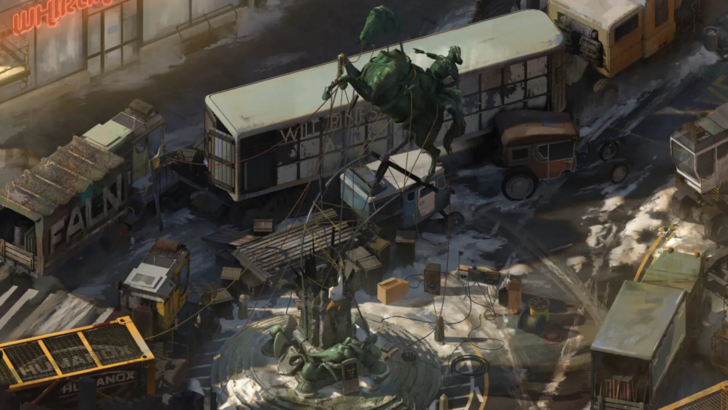
Ocak 2024'te SAG-AFTRA, üçüncü taraf yapay zeka ses sağlayıcısı Replica Studios ile yaptığı anlaşma nedeniyle eleştirilere maruz kaldı. SAG-AFTRA üyelerinin seslerini yapay zekaya lisanslamalarına olanak tanıyan bu anlaşma, birçok kişi tarafından bir ihanet olarak görüldü ve yapay zekanın performans yakalamadaki rolü konusunda sendika içinde gerilimleri artırdı.
SAG-AFTRA'nın grev izni vermesi, oyun endüstrisinde adil çalışma uygulamaları için devam eden mücadelede çok önemli bir anı işaret ediyor. Müzakereler devam ederken sektör, sonuçların yapay zekanın performans yakalamada kullanımı ve video oyunu oyuncularına yönelik genel muamele üzerinde kalıcı etkileri olacağının bilincinde olarak konuyu yakından izliyor. Yapay zeka gelişiminin hızla büyüdüğü bir çağda, bireyleri korumak ve yapay zekanın insan yaratıcılığının yerine geçmek yerine onu geliştirecek bir araç olarak hizmet etmesini sağlamak çok önemlidir. Riskler yüksek ve bir grevin potansiyel etkisi, sendikanın ve üyelerinin kritik kaygılarını ele alan bir çözüme duyulan ihtiyacın altını çiziyor.

